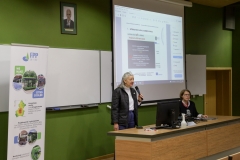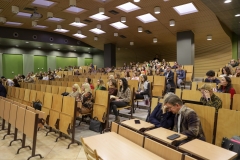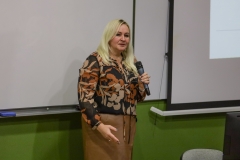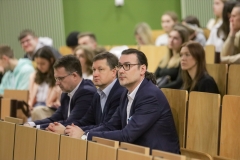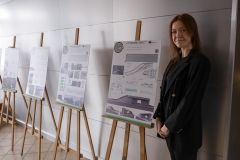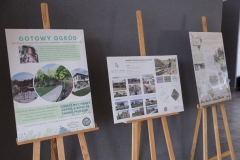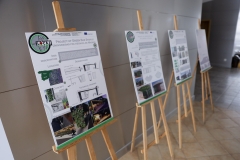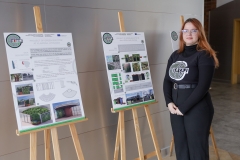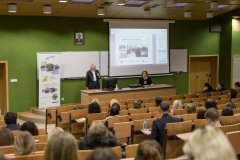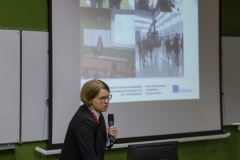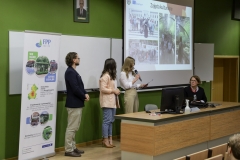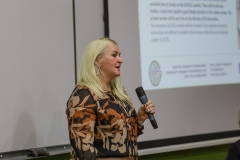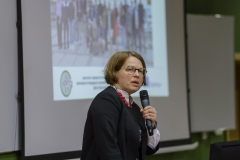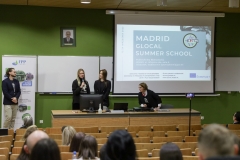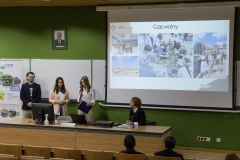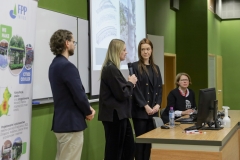Summary of the international GLOCAL project at Bialystok University of Technology
16-12-2022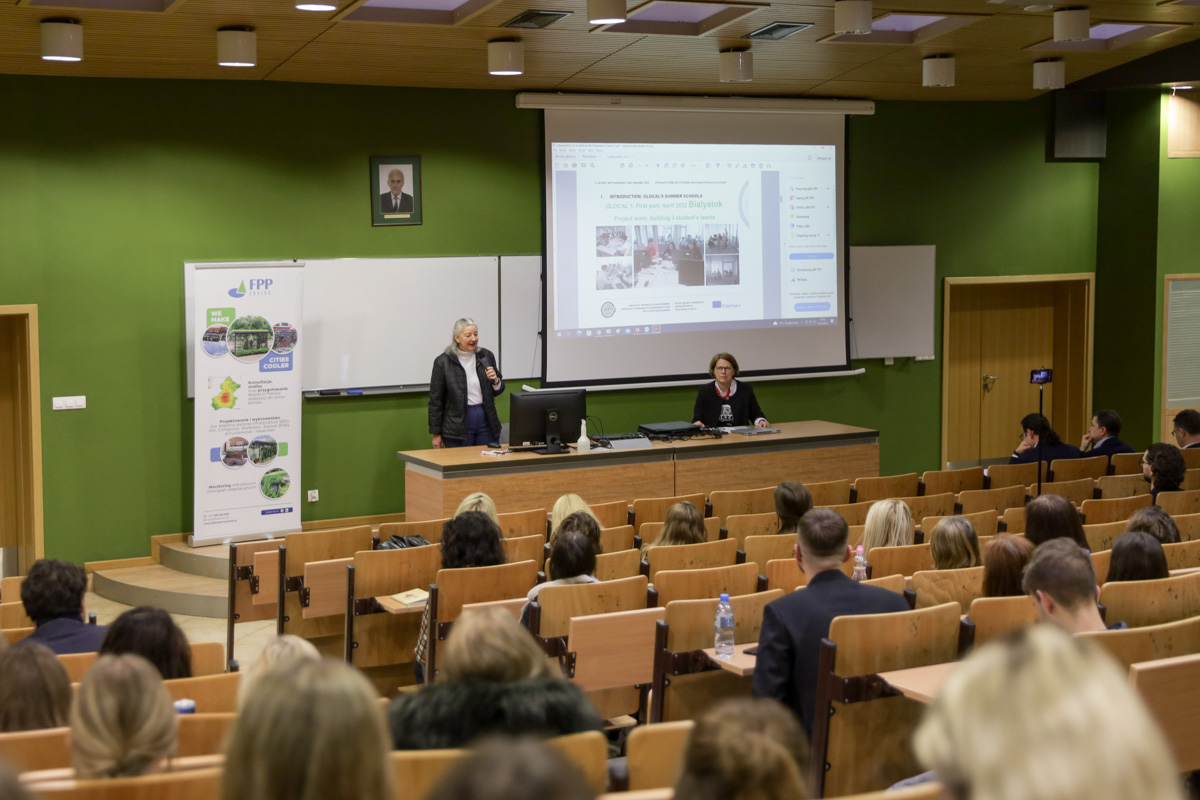
The project “GLOCAL – innovative training of future engineers responding to problems of contemporary cities” united three universities: Bialystok University of Technology (as a leader), Polytechnic University of Madrid (Universidad Politécnica de Madrid) and Klaipeda State University of Applied Sciences. The consortium has secured 300,860 euros in funding under the Erasmus+ Strategic Partnerships for Higher Education programme for activities related to modernizing the curricula of technical courses taught at these universities, as well as expanding students’ knowledge and skills in shaping public spaces and raising the standard of living in cities. Within the framework of the GLOCAL project, three international summer schools were held, attended by students and staff from partner universities. The topics of the summer schools were related to sustainable urban development, the use of renewable energy or the application of the latest IT technologies in the design process.
– GLOCAL is a project that taught future engineers to think globally and act locally. After studying in the GLOCAL schools, our students acquired skills to work together in international and interdisciplinary teams. This was the idea behind the project, to give students a chance to practice their future professional work, i.e. to collaborate and confront other design industries at work, – says Dorota Gawryluk, PhD, Eng, Arch. of the Faculty of Civil Engineering and Environmental Sciences at Bialystok University of Technology, coordinator of the programme.
Professor María Aurora Flórez de la Colina of UPM in Madrid attended the GLOCAL project’s closing ceremony. In her speech, she emphasized that she was proud of the accomplishments of every student who participated in the programme. She especially appreciated their ability to overcome barriers, from the simplest ones – language, to cultural ones and those related to the fields of science represented. Indeed, during the summer schools, students from Poland, Spain and Lithuania worked in international teams of three. It was also multidisciplinary: students from Bialystok University of Technology represented landscape architecture, students from Polytechnic University of Madrid specialised in civil engineering, while a group from Klaipeda University of Applied Sciences studied geodesy. Together they created green stops for selected cities.
Natalia Rzepniewska, a student from the Faculty of Civil Engineering and Environmental Sciences at Bialystok University of Technology and a participant in the GLOCAL project, designed a green stop in Supraśl together with colleagues from Spain and Lithuania. – The most difficult part was agreeing on a common concept for the project, so that everyone acknowledged and was satisfied with the final result. This taught us to cooperate, to share tasks in a group. And the fact that we acted in a group of people with different specialties and, on top of that, spoke English on a daily basis, were additional advantages of the summer schools, – Natalia said.
On the other hand, her colleague Lizavata Belahryvaya, also a student at the Faculty of Civil Engineering and Environmental Sciences at Bialystok University of Technology, recalled: – In my group, we agreed from the very beginning that I, as a landscape architect, would be responsible for the overall concept of the green stop. Technically, a colleague from Madrid fine-tuned the design, and a colleague from Lithuania took care of water retention issues. Thanks to our cooperation, I learned many details related to the technical implementation of green architecture facilities.
GLOCAL also brought together academic staff from the three European universities. During the training sessions, teachers had the opportunity to improve their skills in modern education. Participation in the project also allowed for the exchange of interdisciplinary knowledge and the establishment of scientific contacts between researchers.
It was this aspect of the GLOCAL project that Dainora Jankauskiene of Klaipeda State University of Applied Sciences highlighted in her presentation. According to her, the tangible effects of the project are compounded by the relationships that have been established between specialists from Poland, Lithuania and Spain. – We have made extremely valuable contacts and have seen how much we can do together in the area of internationalising the education of young engineers.
The project “GLOCAL – innovative training of future engineers responding to problems of contemporary cities” (Erasmus+ 2019-1-PL01-KA203-065654) received funding from the Erasmus+ programme in the amount of 300,860 euros. Its implementation was in the period from September 2019 to December 2022.
Read more: glocal.pb.edu.pl/en
by mr
